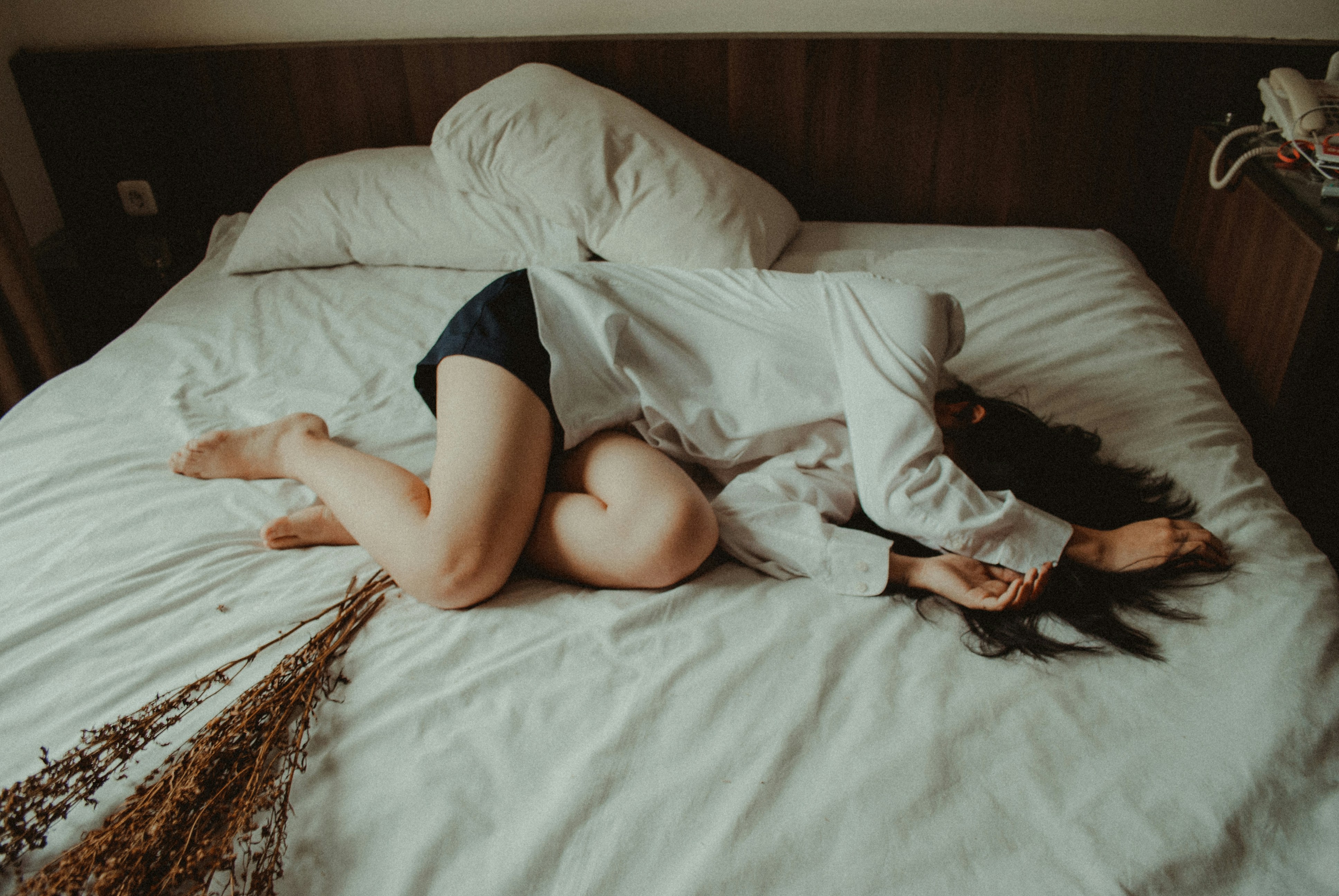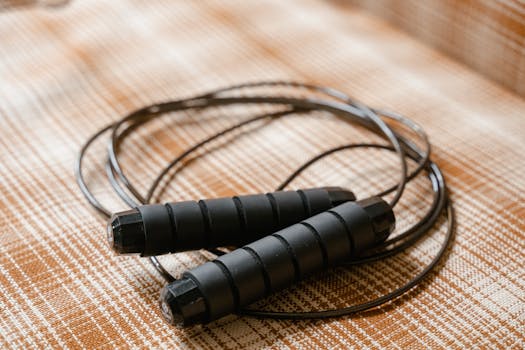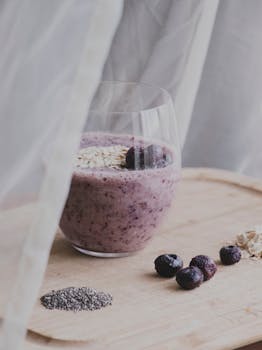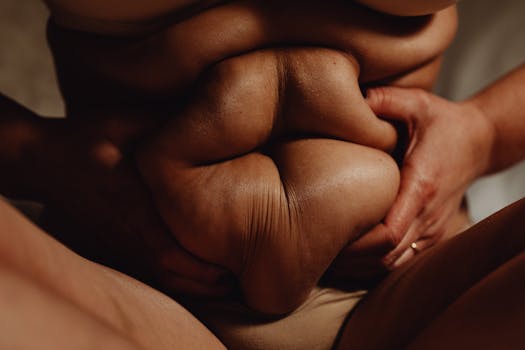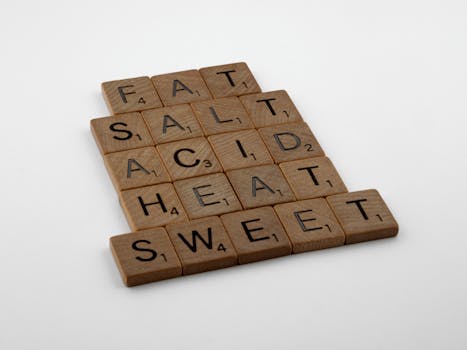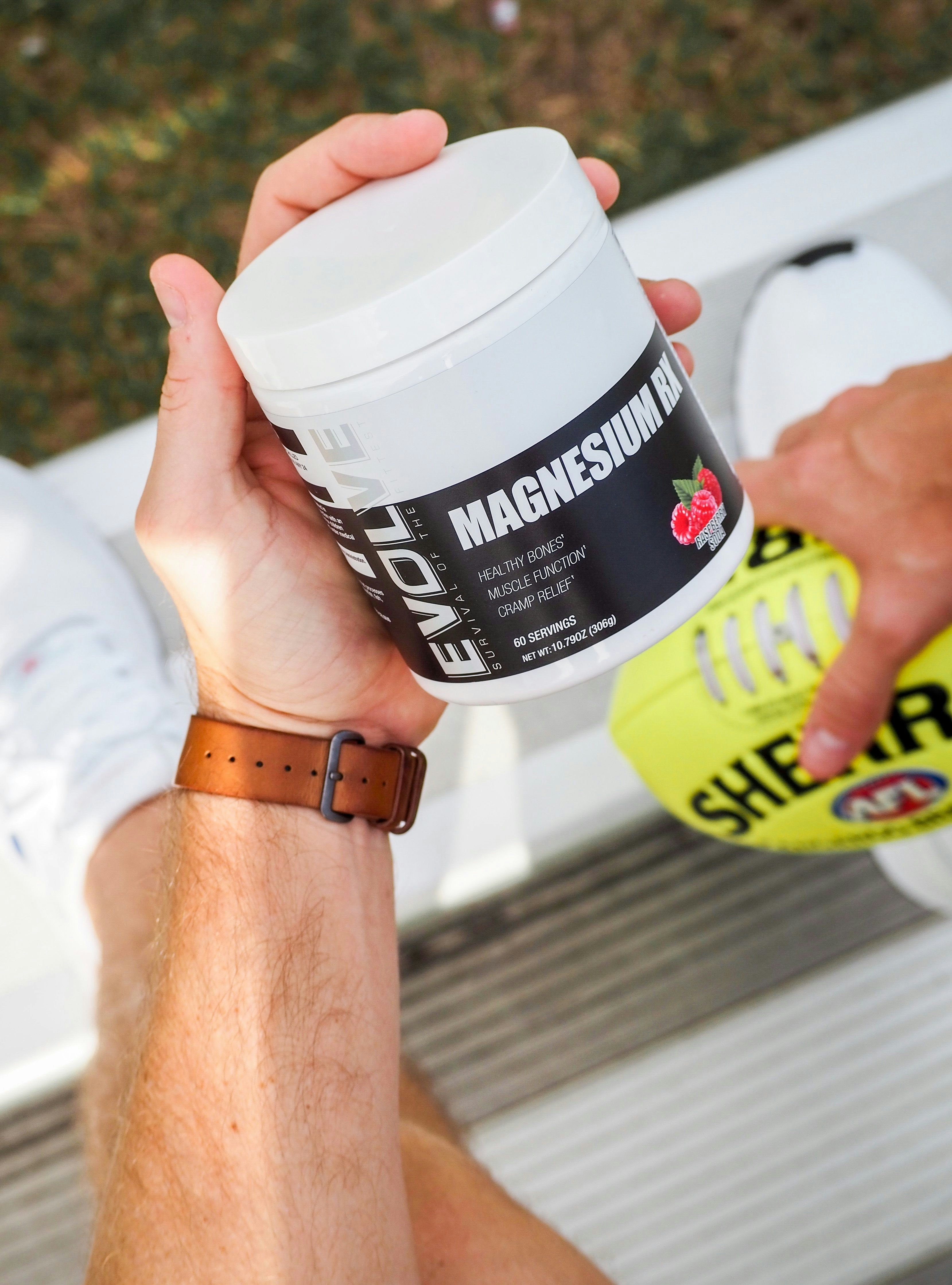Conquering Menopause Night Sweats: Regain Sleep Naturally
Nov 26, 2024
If you're a woman going through menopause, you're likely no stranger to the dreaded night sweats. These intense hot flashes can disrupt your sleep, leaving you feeling exhausted and drained. While night sweats are a common symptom of menopause, affecting up to 80% of women, they don't have to control your life. With the right strategies, you can conquer these disruptive episodes and reclaim your restful nights.
At Tidalflow, we understand the unique challenges women face during this transitional phase. Our AI-powered personal training solutions are designed to help you navigate menopause with ease, offering personalized guidance tailored to your unique needs. In this comprehensive guide, we'll explore effective natural remedies to combat night sweats, empowering you to take control of your well-being and embrace this new chapter with confidence.
Understanding Menopause Night Sweats
Night sweats, also known as hot flashes, are a common symptom experienced by up to 80% of women during menopause. These episodes occur when the body's temperature regulation system becomes disrupted due to fluctuating hormone levels, primarily estrogen. As a result, you may experience sudden, intense feelings of heat, often accompanied by sweating, flushing, and rapid heartbeat.
Factors Contributing to Night Sweats
While hormonal changes are the primary cause of night sweats, several other factors can exacerbate or trigger these episodes:
Stress and anxiety
Certain medications
Caffeine and alcohol consumption
Spicy foods
Smoking
Being overweight or obese
By identifying and addressing these contributing factors, you can take proactive steps to reduce the frequency and severity of your night sweats.
Natural Remedies for Menopause Night Sweats
While hormone replacement therapy (HRT) is an option for managing menopausal symptoms, many women prefer to explore natural alternatives. Here are some effective natural remedies to help alleviate night sweats and promote better sleep:
Dietary Changes
Your diet can play a significant role in managing night sweats. Consider incorporating the following foods into your routine:
Soy-based products: Soy contains isoflavones, which can help regulate estrogen levels and reduce hot flashes.
Cooling herbs and spices: Ginger, turmeric, and black cohosh have been shown to have a cooling effect on the body.
Omega-3 fatty acids: Found in fatty fish, walnuts, and flaxseeds, these can help reduce inflammation and improve overall well-being.
Additionally, stay hydrated by drinking plenty of water and avoiding triggers like caffeine, alcohol, and spicy foods, which can exacerbate night sweats.
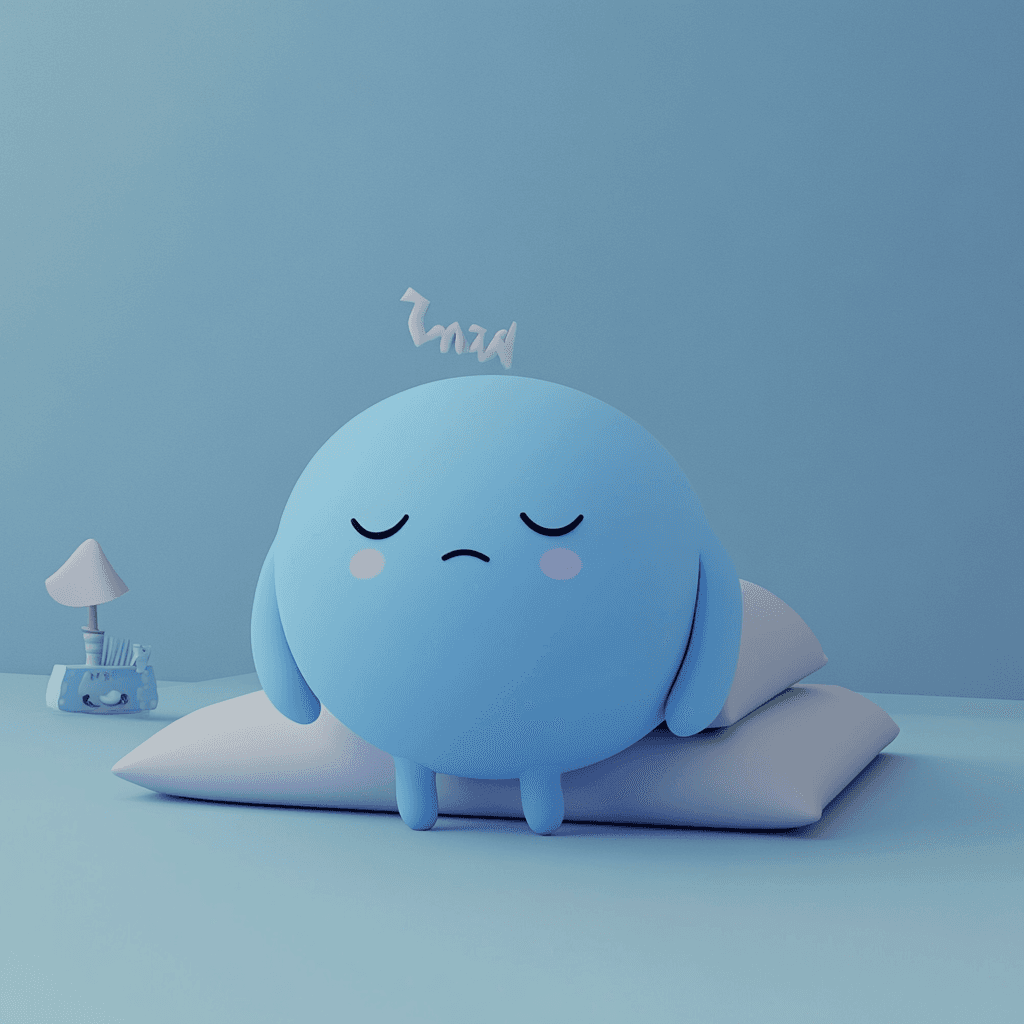
Lifestyle Modifications
Simple lifestyle adjustments can make a significant difference in managing night sweats:
Practice stress-reducing techniques like yoga, meditation, or deep breathing exercises.
Engage in regular exercise, which can help regulate body temperature and improve sleep quality.
Wear lightweight, breathable fabrics to bed, and keep your bedroom cool and well-ventilated.
Avoid smoking and excessive alcohol consumption, as they can disrupt sleep patterns and exacerbate hot flashes.
By prioritizing self-care and adopting a healthy lifestyle, you can create an environment conducive to better sleep and overall well-being.
Herbal Remedies
Certain herbs have been traditionally used to alleviate menopausal symptoms, including night sweats:
Black cohosh: This herb has been shown to help regulate body temperature and reduce hot flashes.
Evening primrose oil: Rich in gamma-linolenic acid, it can help balance hormones and alleviate night sweats.
Sage: Known for its cooling properties, sage can help reduce excessive sweating and hot flashes.
Always consult with a healthcare professional before incorporating herbal remedies into your routine, as they can interact with certain medications or have potential side effects.
Mindfulness and Relaxation Techniques
Stress and anxiety can exacerbate night sweats, so it's essential to prioritize relaxation techniques. Practices like deep breathing exercises, progressive muscle relaxation, and mindfulness meditation can help calm the mind and body, reducing the likelihood of hot flashes during the night. Tidalflow's self-care strategies for menopause provide valuable insights on incorporating these techniques into your daily routine.

Embracing a Holistic Approach with Tidalflow
At Tidalflow, we believe in empowering women to navigate menopause with confidence and ease. Our AI-powered personal training solutions offer a holistic approach to managing menopausal symptoms, including night sweats. By combining personalized nutrition plans, tailored exercise routines, and mindfulness practices, we help you regain control over your well-being and embrace this transitional phase with grace.
Our cutting-edge AI technology analyzes your unique needs, preferences, and lifestyle factors to create a customized plan that addresses your specific concerns, including night sweats. With Tidalflow, you'll have access to a virtual personal trainer who understands the intricacies of menopause and provides guidance every step of the way.
The Benefits of Tidalflow's AI-Powered Solutions
Personalized nutrition plans tailored to alleviate menopausal symptoms, including night sweats.
Customized exercise routines designed to promote better sleep, reduce stress, and regulate body temperature.
Mindfulness and relaxation techniques to calm the mind and body, reducing the likelihood of hot flashes.
Ongoing support and accountability from your virtual personal trainer, ensuring you stay on track and achieve your goals.
Convenient access to expert guidance and resources, empowering you to take control of your well-being.
By embracing a holistic approach with Tidalflow, you'll not only conquer night sweats but also experience a profound transformation in your overall health and well-being. Our AI-powered solutions are designed to support you every step of the way, ensuring you navigate this transitional phase with confidence and ease.
Conclusion
Menopause night sweats can be a frustrating and disruptive experience, but with the right strategies, you can regain control and enjoy restful sleep once again. By incorporating natural remedies, lifestyle modifications, and mindfulness practices, you can alleviate hot flashes and embrace this new chapter with grace and confidence.
At Tidalflow, we understand the unique challenges women face during menopause, and our AI-powered personal training solutions are designed to provide personalized support and guidance. Take the first step towards conquering night sweats and embracing a healthier, more balanced life by exploring our AI-powered solutions today.
Related Questions
How to get rid of night sweats during menopause?
To get rid of night sweats during menopause, try incorporating natural remedies like soy-based products, cooling herbs and spices, and omega-3 fatty acids into your diet. Additionally, practice stress-reducing techniques, engage in regular exercise, and create a cool, comfortable sleeping environment. Herbal remedies like black cohosh, evening primrose oil, and sage may also help alleviate night sweats.
How long do post-menopausal night sweats last?
For most women, night sweats go away a few years after menopause starts. However, in some cases, they can persist well into postmenopause, though they typically become less severe over time. If night sweats continue to disrupt your sleep, consult with your healthcare provider to explore treatment options.
Why are menopause sweats worse at night?
Menopause sweats, or hot flashes, can be more intense at night due to the body's natural circadian rhythm. During sleep, the body's core temperature drops, which can trigger a hot flash as the brain tries to regulate the temperature. Additionally, the lack of distractions and activity at night can make hot flashes feel more pronounced.
How can I stay cool at night during menopause?
To stay cool at night during menopause, try wearing lightweight, breathable fabrics to bed, using cooling pillows and mattress covers, keeping your bedroom well-ventilated or air-conditioned, and avoiding triggers like caffeine, alcohol, and spicy foods before bedtime. Staying hydrated and practicing relaxation techniques can also help manage night sweats.
Disclaimer: This article is for informational purposes only and does not substitute professional medical advice. Consult a healthcare provider for personalized recommendations.
You should not have to do it all on your own



